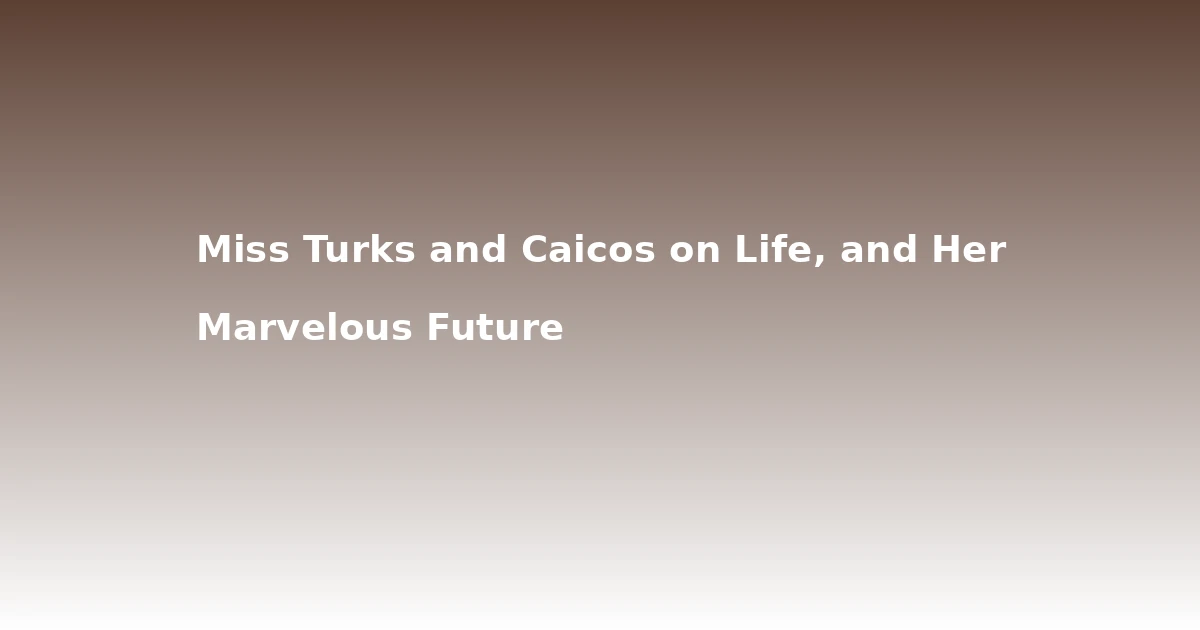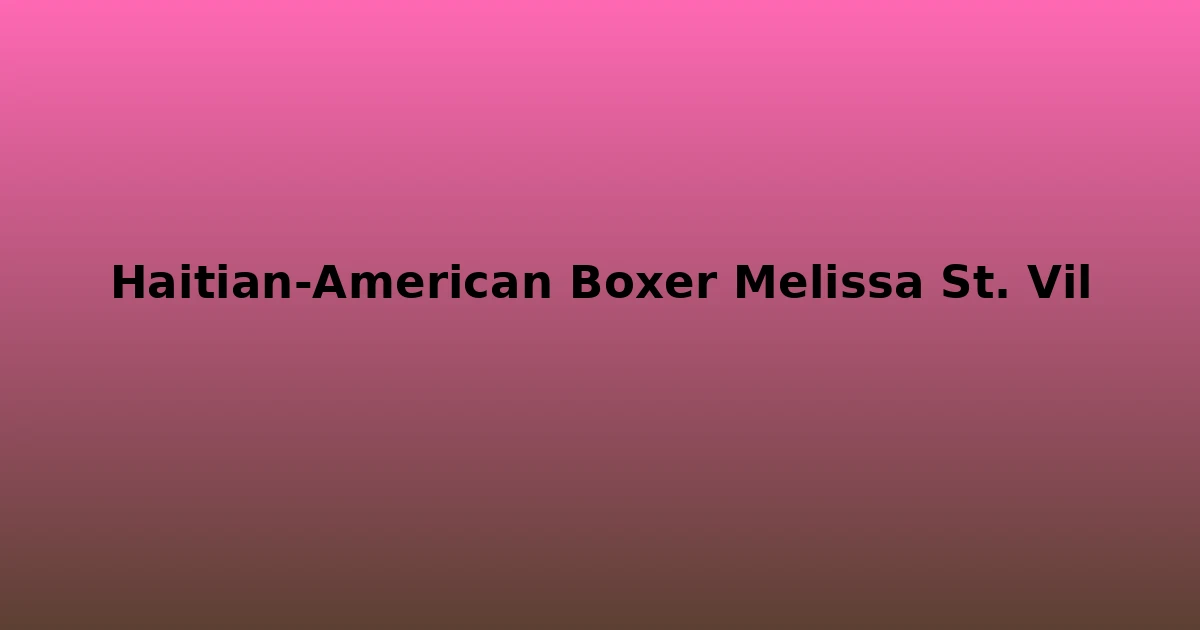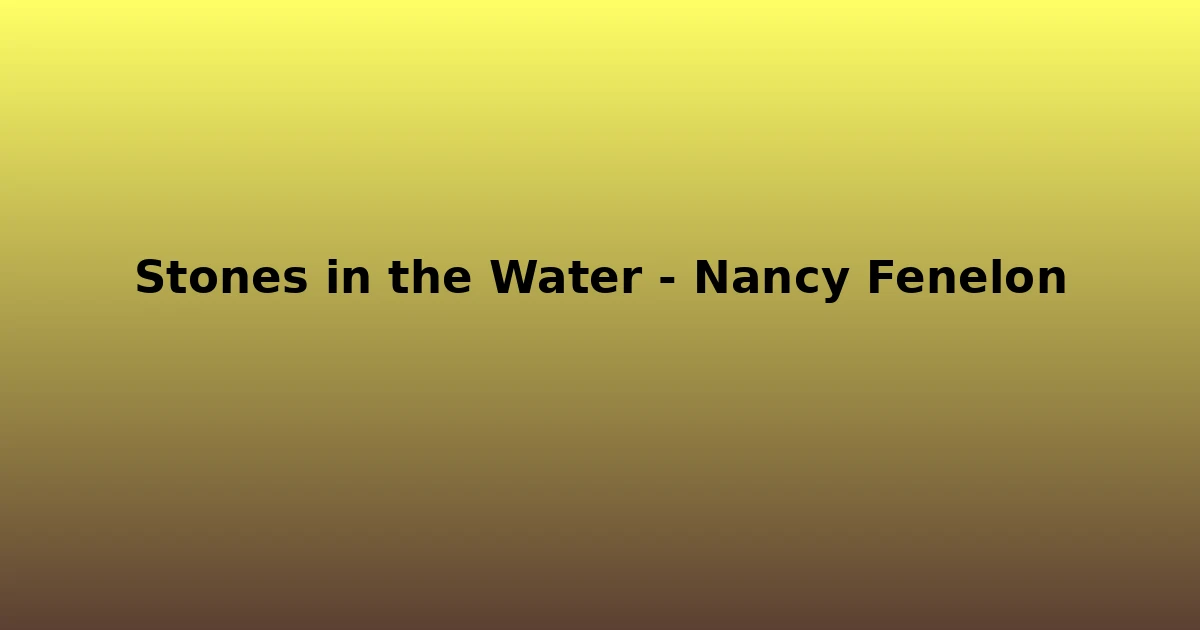J.Philippe, born Jasmine Philippe is an emerging rapper. Born in New Jersey to Haitian parents, the curvy MC— petite in height but colossal on talent—has just released her third LP, The Philosophy of Philippe. “Jasmine is a talented, passionate, and charismatic emcee in the studio and on stage,” declares TD ASAP, a fellow rapper.
“What makes her different is her point of view and gritty wordplay.” Wordplay? She’s never short on that. From the time she introduced herself to the New York and New Jersey underground hip-hop scene, J.Philippe has been wowing hip-hop fans with her dose of impertinent delivery, funky lyrics, and frenzied beats.
She’s not the type of MC who figures in the lower percentile of underground hip-hop. A business school graduate, Philippe works with the best, as in the song “Things are Changing” featuring Dubz, produced by beat master Duke Black. Philippe writes her own lyrics, and they are often feminist-slanted.
Follow along as we discuss her art, the music industry, and growing up Haitian.
Every MC cherishes the memory of the first time they dropped a verse. What’s yours?
Well, it was my freshmen year of college. I just came from a grueling day of classes and felt overwhelmed and wanted an outlet for my stress.
I grabbed a pen and paper and wrote my first rap verse. I felt like I let my stress go on that paper. I recited it, and it didn’t sound half bad [laughter].
In the early days of rap, a fashionable look was extremely important to the marketing of a female rapper, but most of the time, it was organic. Now, there’s this feeling of pre-packaging, with rappers having plastic surgery or rumored to have had cosmetic enhancements to fit perception, to fit the image. What are your thoughts on this?
Having my marketing knowledge, I completely understand why there are pre-packaged artists.
It makes it easier to market them to a broader audience. It’s somewhat disheartening to see women getting plastic surgery and butt enhancements to stand a chance at being “mainstream.”
I believe that there is strength and beauty within my insecurities. I wouldn’t have cosmetic enhancements on my “flaws.” Flaws ultimately make us stand out amongst a crowd and make us unique. My flaws are what make me Philippe. No one else can be me.
You worked diligently on your debut LP. Was it hard creating the material for it?
No. Creating the material wasn’t very hard because many of the records were already recorded. I just put ten of my favorite songs on a CD because everyone kept asking, “When are you dropping a mixtape?”
The only hard thing was everything else, like promo, packaging, art cover, etc. I had never dropped a mixtape before, so I was not knowledgeable about the process. It was a lot of trial and error, but it made me smarter and easier when I dropped my second project, A Man’s World.
Lauryn Hill retreated from public life, in part, according to her, to stop herself from being part of the destructive machine, alias the music industry.
How do you plan on keeping yourself grounded and from losing yourself along the way?
I plan on keeping myself grounded by keeping my relationship with God strong and surrounding myself with people who will keep me grounded.
When did you first realize that you had talent as an MC?
The first time I realized I had talent as an MC was when I went to record in the studio for the very first time.
I went to this fancy studio in New York City with a friend from college who had interned for tons of artists from Dipset to French Montana, so she had some connections in swanky studios.
We get in the studio, and there are all these gold plaques on the wall from artists like Lil Kim and Juelz Santana. I was too hyped to know I was about to record at the same studio Lil Kim did [laughter].
So we were in the studio, and mind you, this was my first time ever recording a song. I spit my 16 [bars] on the mic, and the engineer chimes in and says, “Does somebody write your music for you? It’s pretty good for someone who just started.” That’s when I knew I had talent.
What was it like growing up as the daughter of Haitian parents?
Growing up with Haitian parents, you learn a different set of values and principles than American children. I am more cultured.
Although, at times, we would clash because they didn’t understand or condone certain American traditions, so I was not allowed to do everything the other kids I went to school with got to do. They were more strict, but that’s the case for most foreigners who raise kids in America.
The music industry is known for giving success to some but for its oh-not-so-kind treatment of women.
I have experienced sexism, but I do not let it stop me. It fuels me to work harder and do better. I talk a lot about sexism and feminist topics within my music.
I turn the struggle into art. My advice to women: carry yourself like a boss!
Carry yourself like a woman who already has a million-dollar deal. Carry yourself like someone who already has success and does not need to compromise and lower her standards for anyone. No one can discredit you if you work hard, work smart, and, most of all, protect and preserve your image and your brand.
Some people swear that hip-hop is not what it used to be. The once glorious standing MCs are aging and are getting preoccupied with non-hip-hop matters. Other newcomers have been accused of diluting the game by mixing it with other genres perceived as “soft.” What exactly are your thoughts on rap’s future?
Rap’s future is bright and ever-changing.
Rap is unpredictable. You can’t predict what direction it will go in. There are so many sub-genres within rap. Even if a certain style maybe popular right now, it won’t stay that way forever.
Now you write your rhymes based on experiences. What has been your most personal song up to now?
The most personal song up to now would have to be “Voices” from my sophomore project, A Man’s World? It discusses the relationship I have with my father.
Any artists you feel inspired by, who, when you first heard them, inspired you to become a rapper?
I can’t really say there is an artist who inspired me to rap. It’s something I decided on my own. But I will say that I am inspired by many artists.
When was the last time you went to Haiti? What was it like?
It was about 2 months ago, and it was a wonderful experience. I found so much inspiration to feed off of.
I met so many people with captivating stories and lifestyles. Putting it into words would not do it justice.
What do you have planned for your future as an artist? Do you have a 5, 10, or 15-year plan?
Let’s say more like a one-year plan [laughter]. I do not like to plan too far ahead. Tomorrow is not promised, and life throws unexpected things at you.
Within the next year, I would like to grow my fan base, my brand, and my internet presence and get a good management team that can propel me to a position where this is no longer a dream but my career job.
As an artist, when do you feel the most vulnerable?
When I’m sharing with a listener for the very first time.
At this point in your life, would you say you have regrets?
I wish I had had this much ambition and drive toward music earlier. That is my only regret. But I will make up for lost time with the work I put in now!
Right now, two of the hottest acts in the world are Rihanna and Nicki Minaj, two Caribbean women. Do you think that it’s The Year of the Caribbean Woman?
Shoot, I’m Haitian. Every year is the year of the Caribbean woman!
Last Updated on December 2, 2025 by kreyolicious



